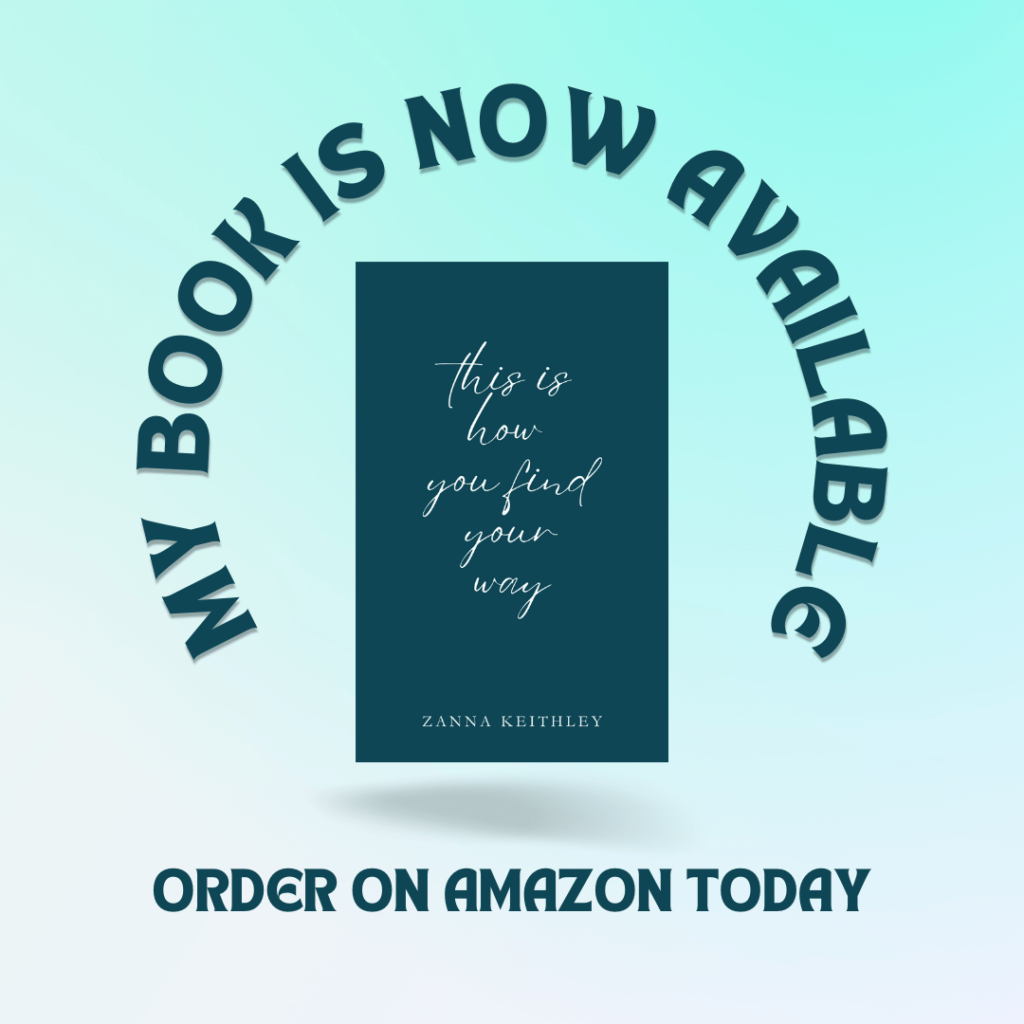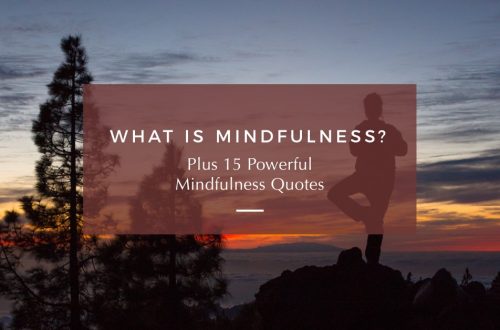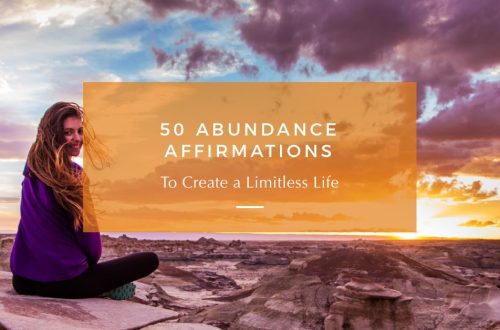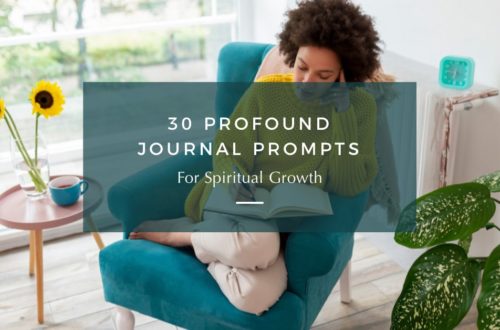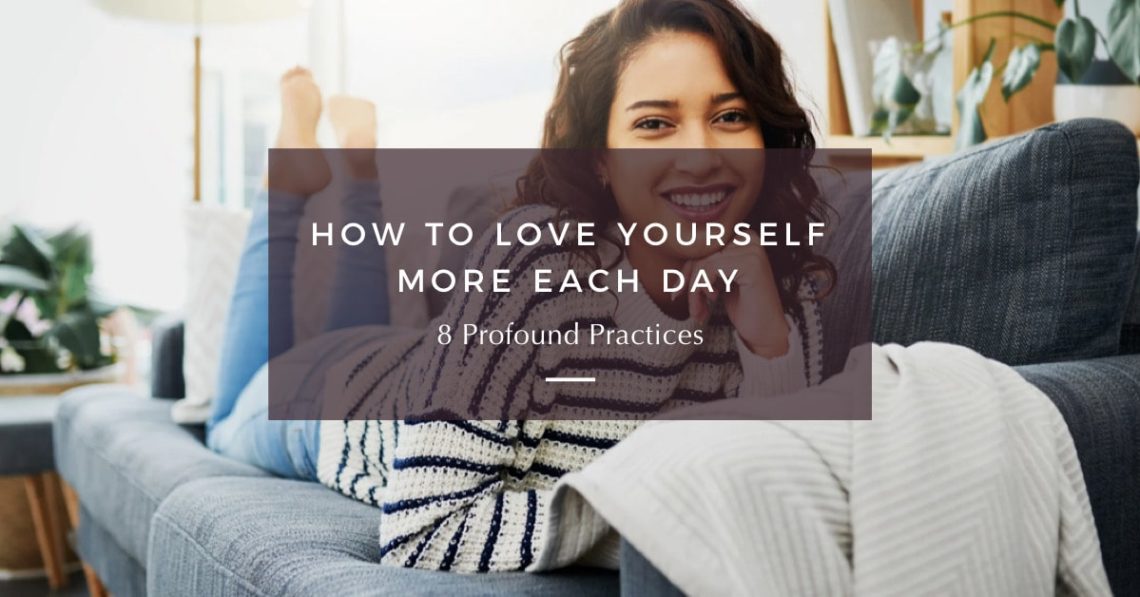
How To Love Yourself More Each Day (And Make It Last)
In this article, learn the meaning of self-love, why it’s important, and how you can love yourself more each day. Plus, get tips on how to lean into self-love even on those days when loving yourself feels a little harder than most.

What Is Self-Love?
Self-love is a state in which you treat yourself with kindness, compassion, respect, and appreciation.
It means forgiving yourself when you make a mistake and speaking to yourself with care and kindness in the privacy of your own mind.
It also means nurturing your personal growth and prioritizing your total well-being: mind, body, and soul.
Self-love can sometimes get mischaracterized as selfishness, and many of us have been taught to believe that prioritizing ourselves is somehow inherently wrong. But it’s actually this belief that’s misguided.
You see, when you practice self-love, you’re first and foremost taking care of your own energy. Metaphorically speaking, you’re filling your own cup. You’re giving yourself what you need instead of constantly searching for it from outside sources.
And because of this, you’re able to better show up for the people in your life who matter to you. You’re able to give more of yourself to others. If someone needs to borrow from your cup, you can give easily and willingly, because you know you have the power to replenish it yourself.
And maybe even more importantly, when you cultivate deep and unconditional self-love, your inner light glows. You become a shining light for others, unconsciously giving others permission to shine their own light, too.
So self-love is the furthest thing from selfishness. Self-love is necessary.
It’s how we begin lifting the vibration of the world.
But first, it starts within.
By cultivating deep and unconditional self-love, you emit the vibration that you are open to receiving even more love in your life. You also release that desperate feeling of always looking for validation and acceptance from outside of yourself. And because this desperate energy is no longer within you, you can more easily lean into the flow of the universe. Walking your authentic path becomes easier. The energy of the entire universe moves effortlessly through you.
Self-love is a bridge. It takes you from a state of constantly striving and hustling to simply being, knowing, trusting, and aligning. It allows you to take risks, make mistakes, and grow, knowing that no matter the outcome, you are always deeply worthy of unconditional kindness from yourself.
So how do you begin to cultivate deep, profound self-love?
Below, you’ll find eight practices for how to love yourself more each day. None of these practices require much more than your own conscious time and attention. And each practice is meant to serve your entire well-being: mind, body, and soul. You’ll also learn how to cultivate self-love on even those heavier days, when loving yourself may feel a little more difficult.
Because no matter what, whether you’re feeling good or bad, whether you have or haven’t been your highest self, you are always worthy of unconditional love, kindness, respect, and compassion—both from others and (especially) from yourself.
- You May Also Like: 30 Journal Prompts For Self-Growth (& Deeper Self-Love)
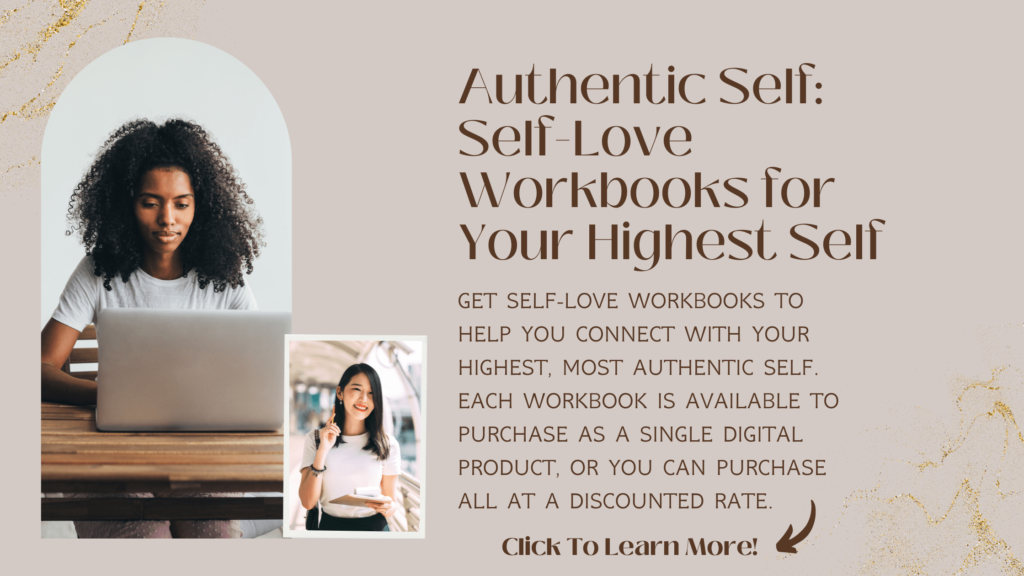
How To Love Yourself More Each Day
Practice Self-Compassion
Self-compassion means to be kind, loving, and gentle to yourself, even through your perceived failures, mistakes, and shortcomings.
Kristin Neff, pioneer in the field of self-compassion research, says, “Instead of mercilessly judging and criticizing yourself for various inadequacies or shortcomings, self-compassion means you are kind and understanding when confronted with personal failings—after all, who ever said you were supposed to be perfect?”
And that simple question right there is the key to unlocking deep, meaningful, lifelong self-compassion.
Who ever said you were supposed to be perfect?
You, probably.
I’m guessing you’re your own worst critic. You may tear yourself apart over things that nobody else even notices. And those errors and blunders you’ve made? While others have long forgotten them, you’re still carrying with you mistakes you made years ago—collecting them and storing them in a pocket of your mind where you can go back and replay them over and over again.
It’s not going to be an overnight process to turn this mindset around. You have to intentionally choose compassion every single day, and then you have to keep choosing it, even when it isn’t easy.
So how do you begin this journey?
One practice that really helped me was thinking about people I love. Whenever I started to criticize myself for my own perceived shortcomings, I’d step back and ask myself whether I’d have these same thoughts about the people I love. Would I tell my best friend that she isn’t enough? What about my nieces and nephews? What about my parents, sister, brothers, cousins, and other family members?
No. I’d never say these things about any of them. And I’d never allow another person to say any of these things about them, either. I’d fight for them without hesitation.
So why was I saying all these hurtful things about myself? And why wasn’t I fighting for myself the way I would fight for someone I love?
Nobody’s perfect. We’re all just human beings trying to navigate life and figure things out as we go. So give yourself grace during this journey. Know that you can be imperfect and make mistakes and still be worthy of your own love and compassion.
Make A Self-Love Gratitude List
You likely know what a gratitude list is: a list of people, things, and experiences in your life that you feel truly and deeply grateful for. A common practice is to write down one to three things you’re grateful for in a journal every morning.
But how often do you write your own name on this list?
How often do you allow yourself to simply appreciate you?
What about yourself do you love?
Do you love your courage? Your inner strength? Do you love the way you stand up for the people you care about? Do you love your inherent kindness? Is there a specific act you’ve done that you feel really proud of? Are you simply grateful that you get to be you?
Start acknowledging yourself every single day by creating a gratitude list entirely devoted to you. Each day, write one or two things you really love about yourself. You might add a “because” statement to each item on the list, like “I’m really grateful that I give my smile freely to others because it lifts others up and adds a spark of joy to their day.”
Don’t hold back here. Freely write down all the things you love about both your inner and outer self. It’s so easy to criticize yourself and feel like you “deserve” that criticism, but how often do you actually celebrate yourself? This is a profound daily practice that will go a long way to helping you cultivate deep, unconditional self-love.
Create A Soulful Self-Care Routine
Chances are, you’re already practicing some form of self-care. Brushing your teeth, scheduling medical checkups, taking showers, and getting enough sleep at night are all forms of self-care.
But for this one, I’m talking about a deeper level of self-care: self-care for the soul.
We often associate self-care with spa days and luxurious bubble baths, and these things can definitely be part of a soulful self-care routine. But self-care is also something intrinsically more.
Self-care means asking yourself daily, “What does my soul need?”
And then, giving it to yourself.
Sometimes, your soul may need silence. Sometimes, it may crave time spent in nature. Sometimes, it might need a warm cup of tea and a good book. And other times, it may just need you to speak to yourself with a little extra kindness. To meet your own gaze in the mirror and whisper a simple yet deeply needed, “I love you.”
Self-care is an act of self-love. Whether it’s standing in the sunshine with your eyes closed for sixty seconds or packing up for a weekend getaway, you can practice self-care in both the smallest and biggest of ways. It’s a chance to nourish your soul. To feed the fading embers within so they grow back into beautiful and fierce flames dancing inside you.
It’s a chance to renew. To reenergize. To realign with the truest and deepest you.
And you are so worthy of giving the gift of self-care to yourself. You are deserving. Not just every once in a while but every single day.
Every day, ask your soul what it needs. Every day, listen for the answer. And every day, make space to receive it. To have it. To give it to yourself.
Embrace Your Inner Creative
When we’re young, we’re encouraged to create for the sake of creating. It isn’t about creating something that someone else will deem valuable. It isn’t about being productive. It isn’t even about making something that’s going to last forever. A child can create something in pure joy, then let it go and never think about it again.
But how often, as adults, do we create without any strings attached?
Embracing the creativity inside you without trying to make something beautiful or perfect or valuable is a profound act of self-love. It allows you to let go and find freedom in creating something that isn’t for anyone else but yourself.
It also allows you to fully be you—to embrace your own unique self-expression.
And what greater act of self-love is there than to allow yourself to be you without holding back?
Make space in your life for embracing your inner creative while you immerse yourself in an environment that feels really good. Maybe you’ll create something truly beautiful. Maybe you’ll create something you’ll forget about tomorrow. It doesn’t matter either way.
The beautiful creation isn’t more valuable or meaningful than the one you’re going to throw away.
It’s the act of giving yourself a chance to fully express yourself without limitations that matters.
Practice Mindfulness
Mindfulness is non-judgmental, conscious awareness in the present moment.
This means being aware of your own thoughts, feelings, and surroundings in the present moment without putting labels on any of it as right or wrong. Mindfulness is sometimes referred to as the art of noticing, as it doesn’t require anything from you except to simply notice.
And this seems really simple, but it’s actually really hard for most of us to do.
How often do you notice your thoughts without putting labels on them? It’s so easy to tell yourself that you’re bad or wrong—to constantly and persistently criticize yourself.
But what if, instead, you just noticed what’s happening within you without any of that judgment? And then, what if you took a step back and gently probed your thoughts with non-judgmental awareness?
“I’m having this thought again. That’s interesting. Why am I thinking this? What’s the source of this thought?” And then: “Is it actually true?”
Additionally, it’s common for us not to notice our thoughts at all. To simply go into autopilot mode and accept them at face value.
But mindfulness allows us to break free from the autopilot mode.
And when you do this, you can begin consciously shifting the narrative. And that’s where this gets really powerful for cultivating more self-love in your life.
Because once you start noticing your thoughts, you can consciously choose to shift them. You might notice a thought you had during autopilot mode like, “I’m not worthy,” and then you can say, “Oh. I’m having that thought again. But is it true? No, it’s not true. I am worthy. I’ve always been worthy.”
And soon, even your autopilot mode will begin to change. Instead of those persistent negative thoughts, you’ll begin having more persistent positive thoughts about yourself. And you’ll begin creating a truly deep, profound relationship with yourself based in true, authentic love and compassion.
- You May Also Like: 11 Best Mindfulness Books & Journals To Read This Year
Take Social Media Breaks
I’m actually pro-social media. I think what we get out of it is all a matter of how we interact with it. If given the chance, social media can be a beautiful platform for connecting with incredible souls, discovering daily positive messages, and creating a community based in love, kindness, compassion, and support.
But even I know we all need a break from it sometimes.
You don’t have to go on a total social media detox (unless it feels right for you to do so). But try to schedule regular social media breaks in your calendar. You might also decide that you’ll only go on apps like Instagram and Facebook between certain hours of the day, kind of like intermittent fasting but for social media.
Why is this important when it comes to self-love?
For one, it’s a meaningful way to protect your energy.
But also, the first step to tapping into your intuition and hearing the voice within is to get really quiet. You have to be able to step back from the noise of the outer world and go within. To embrace silence. We sometimes use social media as a distraction from what our hearts are trying to tell us.
But I promise—listening to what your heart has to say is the best thing you can do for the long-term health and well-being of your mind, body, and soul.
So every once in a while, give yourself a chance to step back. Take time away from social media and other outside distractions. Get really quiet. Breathe. And just listen.
Set Loving Boundaries
For many of us, this can be the most difficult one to practice. Setting boundaries isn’t easy, especially because it often leaves us feeling like we’re doing something wrong. Will I hurt someone’s feelings? What if they’re not receptive to what I tell them? What if they take it the wrong way and think it’s something against them when really, it’s about me?
Trust me, I know how hard it is. I’ve often thought many times throughout my life that my very existence is centered around not hurting another person’s feelings. It feels like it kills a little piece of my soul every time I think I might have hurt someone.
But I’ve learned that setting boundaries isn’t just an act of self-love; it actually helps to strengthen my relationships in the long-term.
Setting a boundary might mean establishing your own personal space. It might mean setting non-negotiable time during the week in which you get to dedicate all your energy to yourself. It might mean establishing boundaries regarding verbal or even non-verbal communication. Whatever your boundaries are, they’re going to be specific and personal to you.
It may feel easier at first not to verbalize your boundaries out of fear of confrontation, but holding these thoughts and feelings inside you will only build resentment and anger. It’s a detriment to both you and your relationships.
If you have difficulty setting boundaries, here are some practices you can start with:
- First, write a list of all your boundaries, both in your personal and professional life.
- Write down what each boundary means to you. Include concrete examples.
- Ask yourself, if you don’t communicate this boundary, how will you feel in the long-term? Can you live with this, or would it ultimately hurt the relationship more if this isn’t done?
- Consider how you can communicate these boundaries in a respectful way. Often, a boundary is less about the other person and more about you. For instance, I’m an extreme introvert. I need a lot of personal time during the week to renew and recharge. When I set the boundary that I need my own time and space, I make it clear that this isn’t about the other person; it’s one of my basic, foundational, soul-level needs. It might help you to write down how you can communicate your boundaries in a kind, calm, respectful way.
Connect With Your Innermost Self
I was going to put this first on the list, but I decided to put it last because I think in some ways, all of the practices above require some level of self-connection.
And that seems so simple, yet for some reason, it’s one of the hardest things for us to do.
We get so distracted by outer noise. There’s errands to run. To-do lists to check off. People to take care of. Work obligations to complete.
But what about you?
Where do you fall on this list?
And beyond that, how often do you step back from all the noise and allow yourself to go within—to connect with the truest, deepest, most authentic you?
For some people, this happens in meditation. For others, they connect through journaling. And for some, they find connection through immersing themselves in nature and going on daily walks. (Though if you do this, I encourage you to forget about your step count and leave your music and podcasts behind.)
Be present with yourself. Is there anything you’ve been suppressing lately? Gently allow it to come to the surface. Maybe someone said something that hurt your feelings, and you’ve been trying not to think about it. It if feels okay, see if you can go within and discover why it hurt you so badly. Are you able to let it go, or will these feelings linger unless you talk about them with that other person?
Whatever practices you prefer for connecting with your inner self, the most important thing is to be honest. Don’t lie to yourself.
Show your deepest feelings that they’re seen. Show your deepest hopes that they’re seen. Show your deepest beliefs that they’re seen. Show your deepest regrets that they’re seen. Show every neglected fragment of your inner being that it is seen.
Show yourself that you are seen.
How To Practice Self-Love When You’re Feeling Low
You can do everything “right” and still have days when you have a harder time loving yourself fully. And that’s okay. There’s nothing wrong with having hard days.
There are still a lot of really worthwhile practices you can try to help yourself in these situations. And maybe they won’t immediately fix everything. Maybe they won’t be the cure to all of your emotional and spiritual ailments. But they can still be truly profound and helpful if you allow yourself to lean in.
It starts with mindfulness.
Mindfulness on these really difficult days might look like this: “I”m not feeling my best right now, and that’s okay. I acknowledge that I’m having a hard time loving myself right now. I allow myself to have this experience without needing to fix or change anything. Right now, it just is. And that’s okay.”
The ironic thing here is that by not trying to fix or change anything, we often do. There’s power in acknowledging your thoughts and emotions—in showing them that they’re seen.
After you’ve recognized your thoughts and feelings as being valid, see if you can lean a little further into self-compassion. Remember Kristen Neff’s words: “Whoever said you have to be perfect?“
Can you recognize that you’re imperfect and still be kind and gentle with yourself?
Can you recognize that you may make mistakes and still give yourself grace?
Can you recognize that you’ve done the best you can—that you’re willing to learn and grow from these experiences—and let that be enough?
Finally, ask yourself, “What feels like love to me?”
Does love feel like lying on the couch watching your favorite TV show? Does it feel like going on a walk? Does it feel like eating a freshly baked chocolate chip cookie? Does it feel like calling your best friend? Does it feel like making plans for your next vacation? Does it feel like going to the gym and engaging in physical activity?
This is, essentially, self-care. It’s asking your soul what it needs and then giving it to yourself.
And even on the days when you’re having a hard time feeling that deep self-love, you can still practice self-care.
This is how you love yourself more each day. This is how you connect to the truest, most authentic you. This is how you remember who you are.
This is how you come home to yourself.
For more resources on spirituality, meditation, manifestation, and all things self-love, be sure to connect with me on Instagram and Pinterest, where I’m posting positive affirmations and empowering messages daily.
More Articles For You
- 8 Best Self-Love Workbooks To Read This Year
- 11 Beautiful Poetry Books About Self-Love & Acceptance
- 44 Spiritual Growth Quotes For Your Spiritual Journey
- 30 Profound Journal Prompts For Spiritual Growth
- 4 Undeniable Reasons Why You Are Not Broken
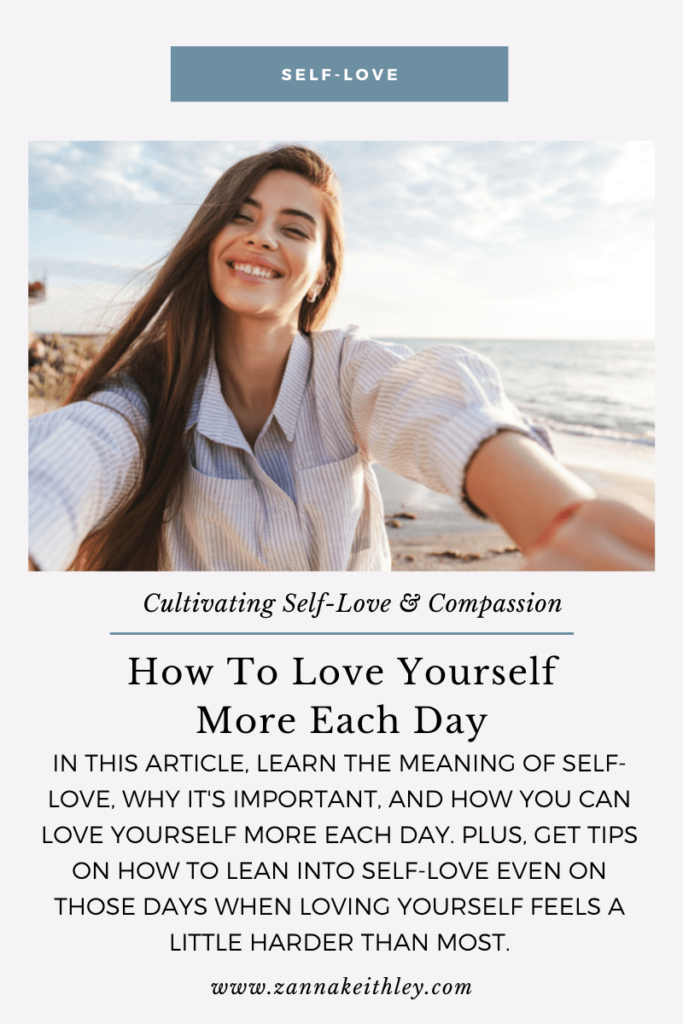
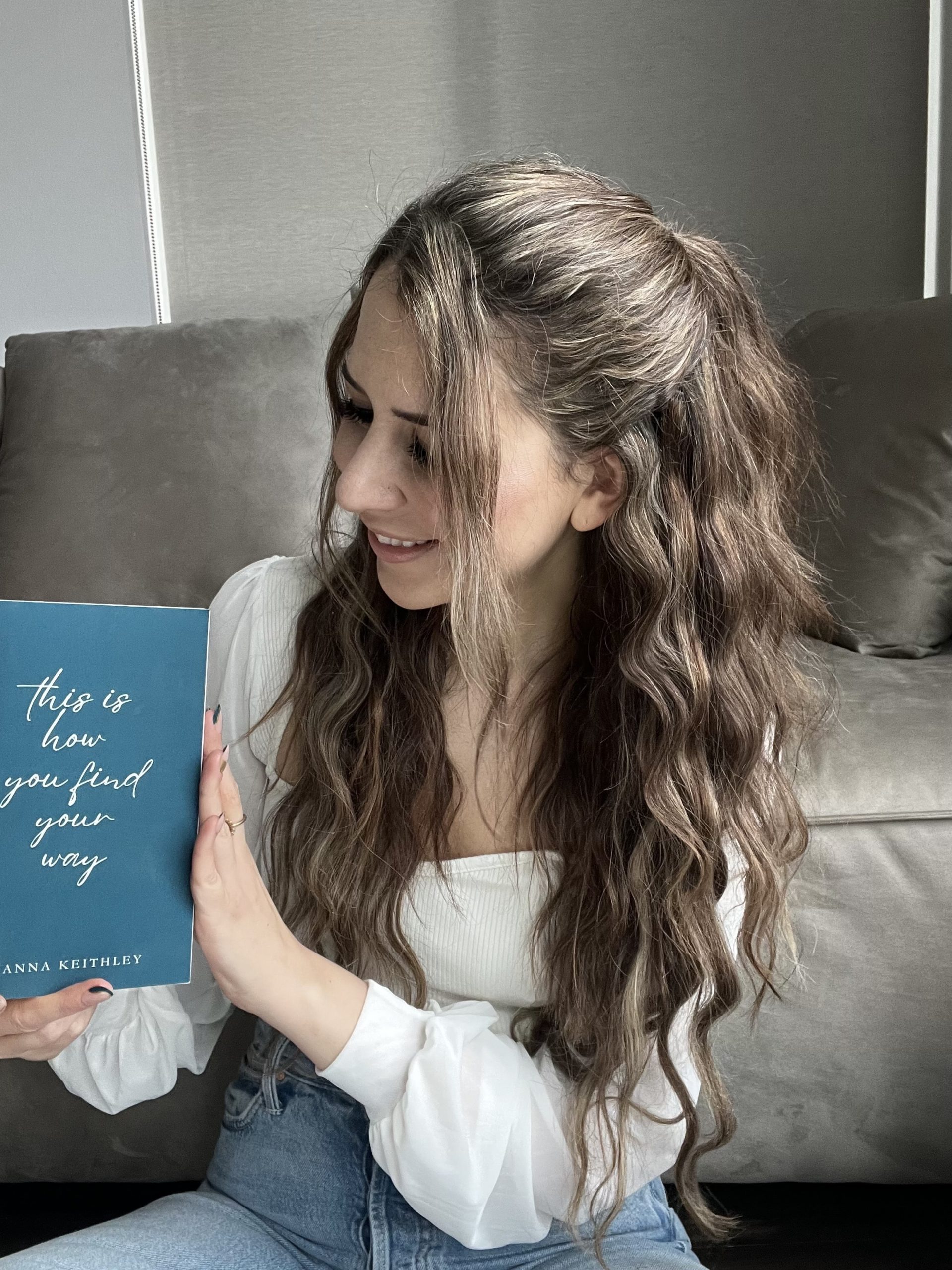
Zanna Keithley is an author, poet, and social media content creator who writes short prose dedicated to inspiring readers to follow their dreams, trust their intuition, and create beautiful and fulfilling lives. You can find her original writing on Instagram @zannakeithley.



